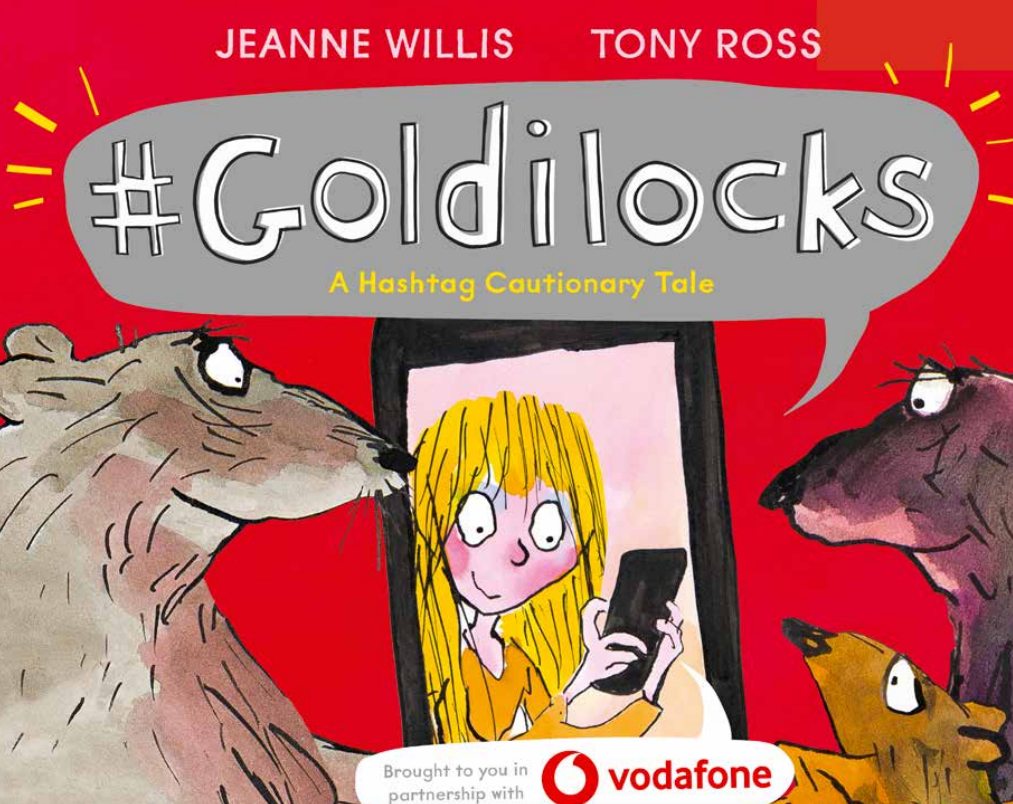E-Safety
Our children are continuously reminded about how to stay safe on the Internet and how to seek help and advice if they require it. The following links will help both parents and children with e-safety advice and guidance.
The online world is rapidly developing and many of our children now have access to devices which enable them to connect to the Internet, take images or video and communicate with others. While it is important not to obstruct them from developing skills from using these devices, it is essential that parents support their children in navigating the online world.
E-safety tips for parents: Under 5
E-safety tips for parents: Under 6-10
E-safety tips for parents: Under 11 - 13
Gaming
As the video explains, gaming is a popular activity amongst children and has become commonplace in many households. Sometimes, children may have more knowledge about the games they are playing than adults do. The link below provides detailed information about the various types of games being played. Additionally, the link below offers practical advice for parents and caregivers on how to keep children safe while they are gaming online.
Understanding types of Genres in gaming - click here
Gaming advice to support pre-teens - click here
Information for parents/carers
Internet Matters is a website for parents/carers that offers advice on how to keep your children safe online. The site is full of useful advice for parents of children up the age of 18. The link below takes you to their parent leaflet page which contents free resources on social media, screen time, cyberbullying and many other topics.
NSPCC - The charities' website offers advice on how to talk to your children about issues that relate to E-safety. They also have a helpline which can offer advice on specific issues you may be experiencing.
South West Grid for Learning - Another charity that offers advice to parents and teacher about the most recent E-safety advice. They have a useful newsletter that parents can sign up for.
The National Crime Agency's CEOP Education team aim to help protect children and young people from online child abuse. They do this through the CEOP Education Programme which provides training, resources and information for children and young people, their families and those who work with them. Explore our website for more.
Phone Safety
Mobile phones can be a great way to keep in touch with people, share things and get information. But there are things that could go wrong, even when you’re careful. You might:
- lose or break your phone, or it might be stolen
- get harassed or bullied
- share something you regret
- talk to someone who isn’t who you thought
- look at something you find upsetting.
Even if something goes wrong, there are ways you can get support. Whatever’s happening, we’ve got advice that could help. More advice can be found at Mobile phone safety | Childline and on NSPCC link below.
#Goldilocks A Hashtag Cautionary Tale is a book for parents and children to read together about what could go wrong. Click on the link to read the book.

